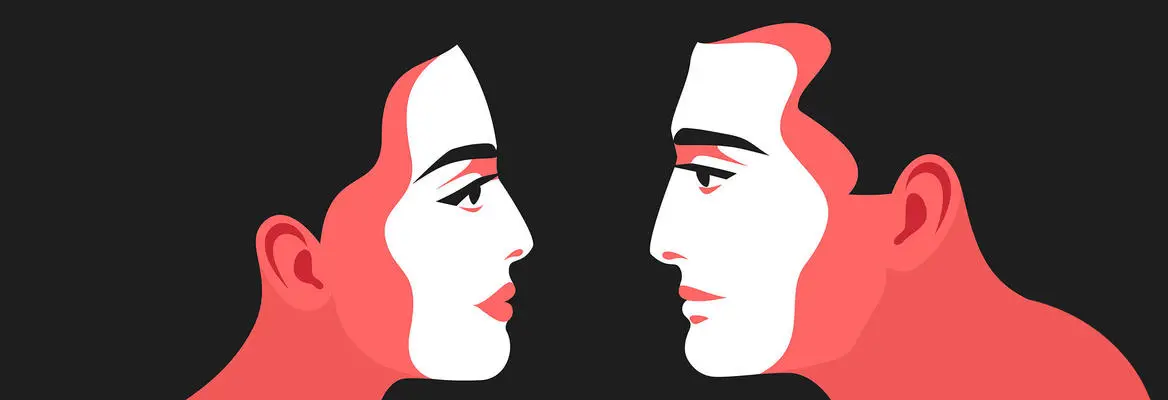Lying shields us from our vulnerability to our own unconscious desires, but also corrodes a shared reality. The liar wields the power to create their own reality free of uncertainty, writes Josh Cohen.
Why do we lie? In one key respect, the psychoanalytic response to this venerable (and currently very urgent) question is broadly in line with other psychologies: we lie to evade the many and various unpleasant consequences of telling the truth. Lying to others can preserve us from the embarrassment of having values, tastes or desires that offend societal norms; lying to ourselves helps protect our favourable self-image. Beyond these defensive functions, lying can confer advantages over public and personal rivals and adversaries, in sex or business, art or politics.
But by placing conflict at the centre of our inner lives, psychoanalysis also enriches and complicates our understanding of lying. Freud proposed that our minds are a permanent battleground between the id, a reservoir of unbound and excessive desires both sexual and destructive, and the ego, the mental agency tasked with the recognising and navigating the claims of external reality.
We are shifted from a simplistic psychology of unconscious instinct against conscious reason, to a vision of the psyche as originally and irremediably ambivalent about its own desires.
Psychoanalysis is thus often seen as the inheritor of a psychology, familiar from the monotheistic religions as well as Romantic thought, in which instinct wages war with reason. But what complicates this Manichean vision is that Freud refuses a simplistic alignment of the unconscious with the primitive ‘truth’ of the human mind, and the conscious with its ‘false’ social veneer. A part of the ego, specifically the mechanism of repression, is in fact unconscious.
Why should this be of consequence for anyone beyond psychoanalytic practitioners and scholars? Above all because it gives us a much more paradoxical and interesting picture of psychic functioning than is suggested by conflict between an unconscious that is all lawless desire and a conscious that is all fearful compliance. If repression is unconscious – that is, if there is a primary impulse in us to tamp down the force of our sexual and destructive wishes – we are shifted from a simplistic psychology of unconscious instinct against conscious reason, to a vision of the psyche as originally and irremediably ambivalent about its own desires.
If there is internal pressure emanating from the drives to discharge my desires, there is an equal and simultaneous pressure to contain them, to keep them in bounds, a picture that counters the idea of civilization as a lacquer spread thinly over the authentic animal nature of the human being. It suggests that division and ambivalence are intrinsic to the very structure of psychic life, that we are creatures as given to saying no as to saying yes to our deepest wishes. Instead of being an imposition on our primal, savage self, repression is fundamental to who and what we are.





















Join the conversation